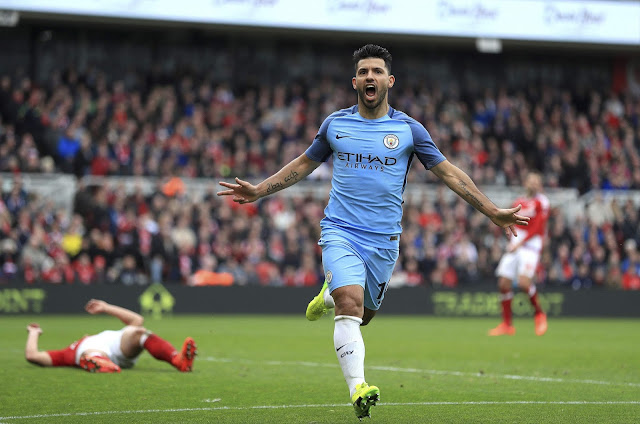Love Island: The Programme We Love to Hate (And Hate to Love)
 |
| The original ten islanders of the 2017 line up |
Thirty years ago, many people never have predicted that the entertainment industry would stoop as low as to put ten singletons in a house and make them couple up after approximately 18 seconds of knowing them. And never did we think it would be so painfully addicting.
Love
Island, which premièred in 2015 and is now running it's third
series, is a television programme based around the ancestral notion
that if you put a male and a female together, they'll eventually
mate. Two weeks into series three and we've already had two 'couples'
fornicate on live TV, with many more likely to follow in the upcoming
weeks.
 |
| The luxury villa in Mallorca includes deck chairs and a swimming pool |
The
Big Brother-esque show sees a number of bronzed peoples between the
ages of around twenty and thirty living in a villa in Mallorca for a
grand total of seven long weeks. At various stages throughout the
process, the members of the house who don't have a partner are
eliminated from the 'competition', and at the end, one couple wins.
The
concept seems ridiculous and a bit animalistic, but, as they say, sex
sells. This year was a bit of a slow starter, like a tractor with a
rusty engine, but once it got out of the blocks, it became
interesting and appallingly addictive.
Fourteen
days have past since the original ten candidates entered the villa.
Since then, three new males and two new females have crashed the
party – and two unfortunate members have been chucked for not being
attractive enough to find a lover.
Last
year, I managed to catch glimpses of the programme when it was on,
maybe as a boredom cure, or on YouTube. At times it hit the news –
Then 'Miss Great Britain' Zara Holland had her title removed and
subsequently left the villa after sleeping with one of the boys, Alex
Bowen (now engaged to another co-star). For some reason it's what
people want to see. And however hard it is to admit, I'm hooked as
well.
The
question is, why do humans enjoy so much the opportunity to watch
other humans go about their daily lives? Is it cause we're not
satisfied with our own – lack of drama perhaps? Can someone explain
the staggering popularity of soap operas, and related shows, such as
MTV's 'Ex On The Beach'?
 |
| The show is notorious for its night-vision cameras which show couples sleeping together live on TV |
Programmes
like this, especially, are always under scrutiny. They're often
branded as an inaccurate depiction of actual life, of glamourising
casual sex, of causing young girls to aspire to achieve a body not
possible without surgical enhancement. These people are supposedly
just average 'members of the public' – but that is never the case,
with most of them already have enjoyed a relative amount of fame in
their life.
Take
this year's line up, for example. Marcel Somerville was the first
contestant to appear on the show. Random citizen? Nope. Marcel, as
you've probably heard if you've been watching the show, was a member
of early 2000's hip hop collective 'Blazing Squad' as a teen. Jessica
Shears is a glamour model with a sizeable following on Instagram.
Essex girl Olivia and Manchester lad Dom also model. And Camilla
Thurlow, another islander, was once pictured outside a nightclub
kissing Prince Harry.
To
be fair, the show does its best to reduce its celebrity intake to a
minimum. And on top of that, most of the people on the current series
actually seem like genuine people. Camilla is a world away from the
rest of the pack in terms of personality, being shy and reserved and
not as wild as the rest. Late arrival Chris is blessed with that
macho-man, TV star confidence and a dashingly pretty face, but was
raised on a farm and, like many of the others, doesn't appear as
thick as your regular TV star. Montana is an intelligent young girl
but also has her fair share of banter, meaning the show doesn't leave
you gritting your teeth in despair like many of us do when we find
out our favourite TOWIE star can't locate the UK on a map.
But
the star of the show – undoubtedly – is the voiceover. Iain
Stirling, a former children's TV presenter on CBBC, writes his own
scripts, and much like on Come Dine With Me, some of the stuff he
comes out with will leave you doubled over in abdominal stitches
because it's that funny.
Love
Island may be just another one of those shows – after all, what do
they do for the other eighteen hours of the day when the cameras seem
to be turned off? But if you want some light evening entertainment
this summer – almost every day for it's duration – then you
might've found the one.


Comments
Post a Comment